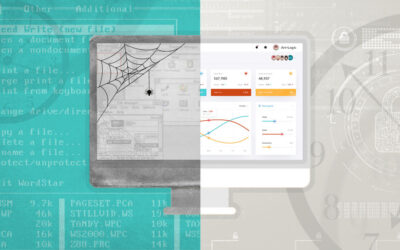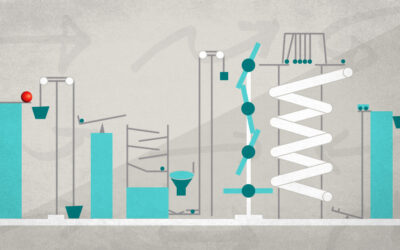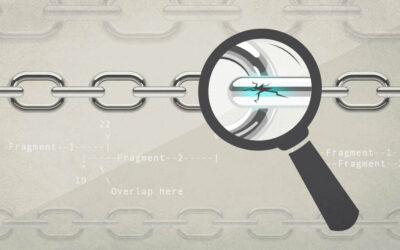When will the future arrive? What will be next?
So the “internet” is now lower-case, and my spell check has already been updated to reflect that. Things move quickly when you work from the cloud, and since I use Google Docs to write and edit a lot of my work, the change might have happened well before I really took notice. As I was thinking about this decision to lower the “I” in internet (which was actually made by the Associated Press back in early April 2016), I wondered just how often the lower-case version had been used since it entered our shared lexicon. To answer that question, I turned to the Google Books Ngram Viewer, and this is what I found:
Clearly, there have been plenty of people using the uppercase “I” in their books, but the trend started to dip in 2002 while the use of the lowercase “i” has been steadily increasing since the late 80s. Does that trend really matter much to people other than editors, writers, or technology purists? Perhaps not, but I can’t help but wonder about the fact that lowering the initial “I” in internet happened during the same year in which we’ve started to talk a lot more about the 4th Industrial Revolution.
Also known as Industrie 4 (with a German pronunciation of 4 “vier,” which sounds ominously like the English word “fear”), this fourth revolution is often understood in terms its physical, biological, and digital implications, particularly with respect to technological advances in robotics, 3D printing, autonomous vehicles, genetic diagnostics and treatment, machine learning, the Internet of Things (IoT), and disruptive business models like Uber that support a shared/sharing economy. In all of these fields, what we see is an exponential increase in the amount of data collected for any given user or device. That increase in data leads, in turn, to a greater need for efficient, easily accessible storage, with a coeval need for robust, though user-friendly ways to interact with and interpret that data (at least when a person is involved as an end-user, and a machine isn’t just talking with another machine).
The World Economic Forum focused on the impact of the Fourth Industrial Revolution at the launch of this year. Hm. I’m surprised I just wrote that the year “launched,” as though time itself has become another commodity of this revolution, but I think I’ll keep it, despite my urge to reword that sentence. Here’s how the WEF described the impact of this revolution:
“The possibilities of billions of people connected by mobile devices, with unprecedented processing power, storage capacity, and access to knowledge, are unlimited. And these possibilities will be multiplied by emerging technology breakthroughs in fields such as artificial intelligence, robotics, the Internet of Things, autonomous vehicles, 3-D printing, nanotechnology, biotechnology, materials science, energy storage, and quantum computing.”(1)
In other words, as we’ve already started to see with cloud computing, 3D-printed limbs, driverless cars, and smart homes, etc., as our ability to produce and consume huge amounts of data increases, it will start to impact our lives in both subtle and profound ways. It could be as simple as having a thermostat adjust the temperature in our homes to our living habits, or it could be as complex as learning to trust a car to drive itself and believing that we can rely on our fellow citizens to trust their own cars to do the same around us.
Laws will change, compliance standards will be updated, there will be challenges to propriety and even some moral assumptions, but underlying it all, there will be a need to create the software that can manage this rapid expansion into a new industrial epoch. The way we see it, building this kind of software doesn’t just require the skills needed to write code, it always requires the creativity needed to understand how data and vasts amount of information can be managed, presented, and used.
The use of the word “industry” to describe this revolution, doesn’t just position this era after the previous three, it draws this era into a relationship with what came before, periods of change that were marked by an industrial shift that historically affected the role of the human being doing the work. That might change with this current revolution, and just as the “I” in internet evolved to a lower case, the understanding of industry, if done with a respect for the art of software engineering, could evolve into an age that enriches and enhances our lives as the technological world we create blends ever more into our real world.
1.World Economic Forum, “The Fourth Industrial Revolution: what it means, how to respond”



